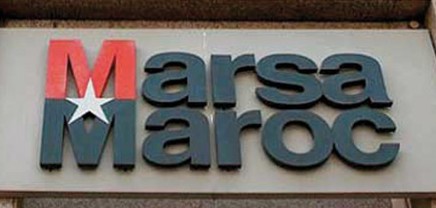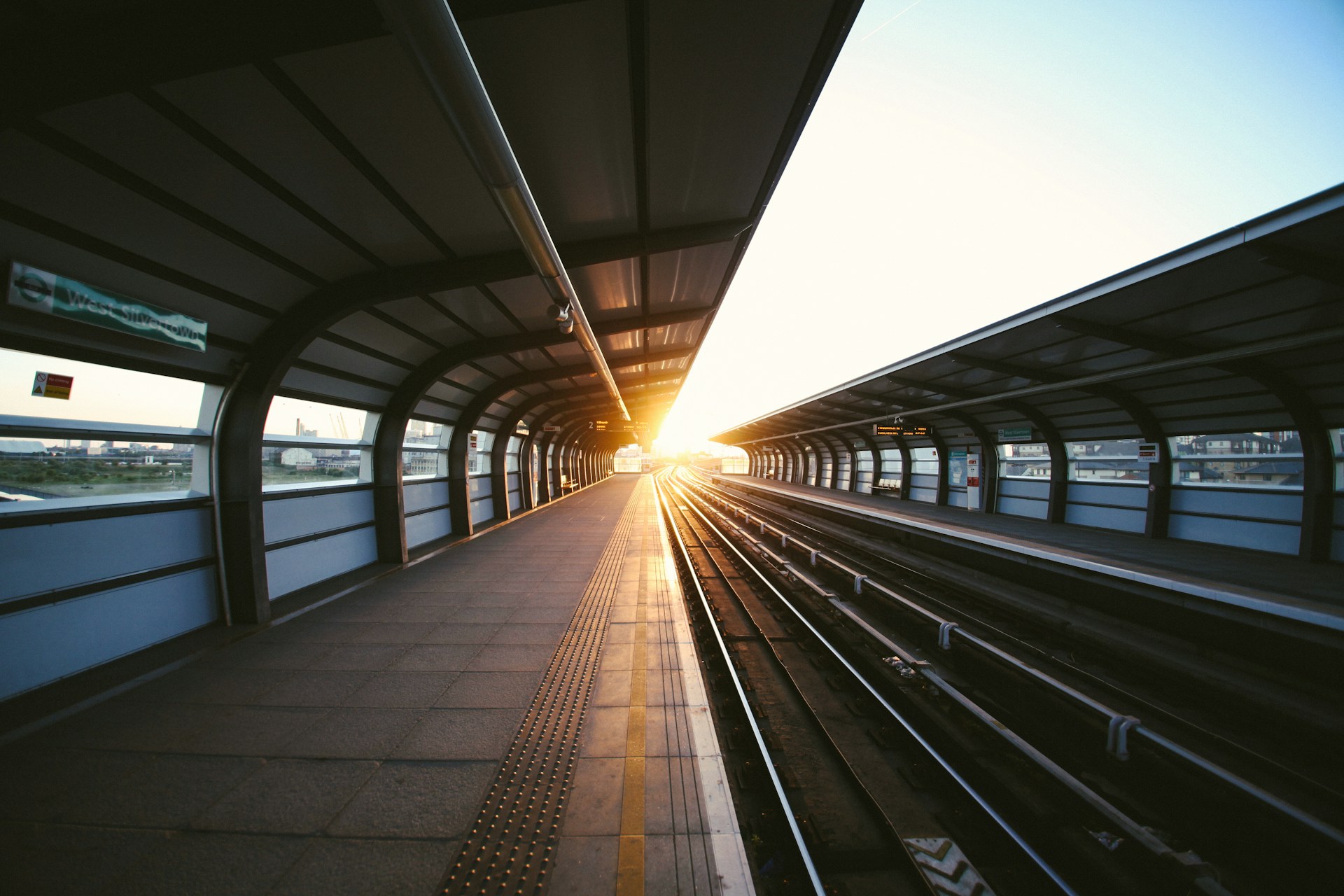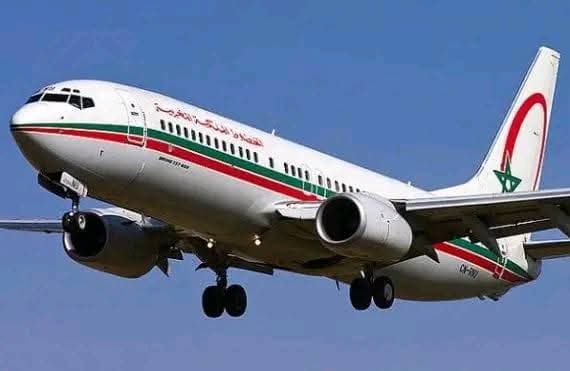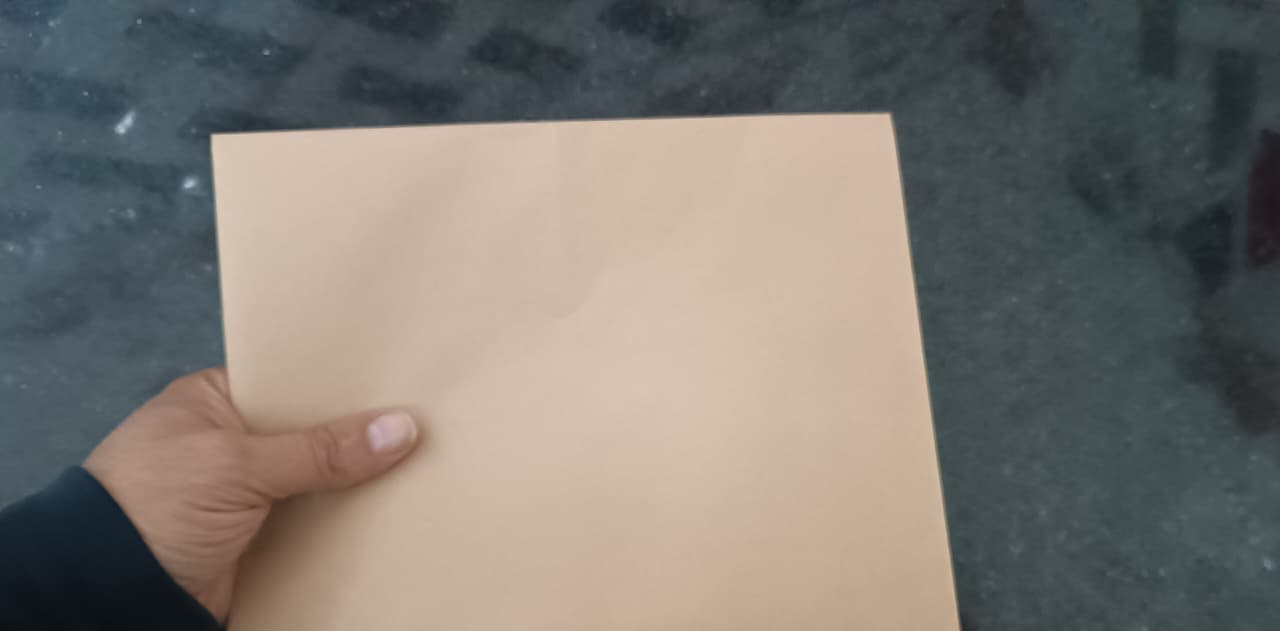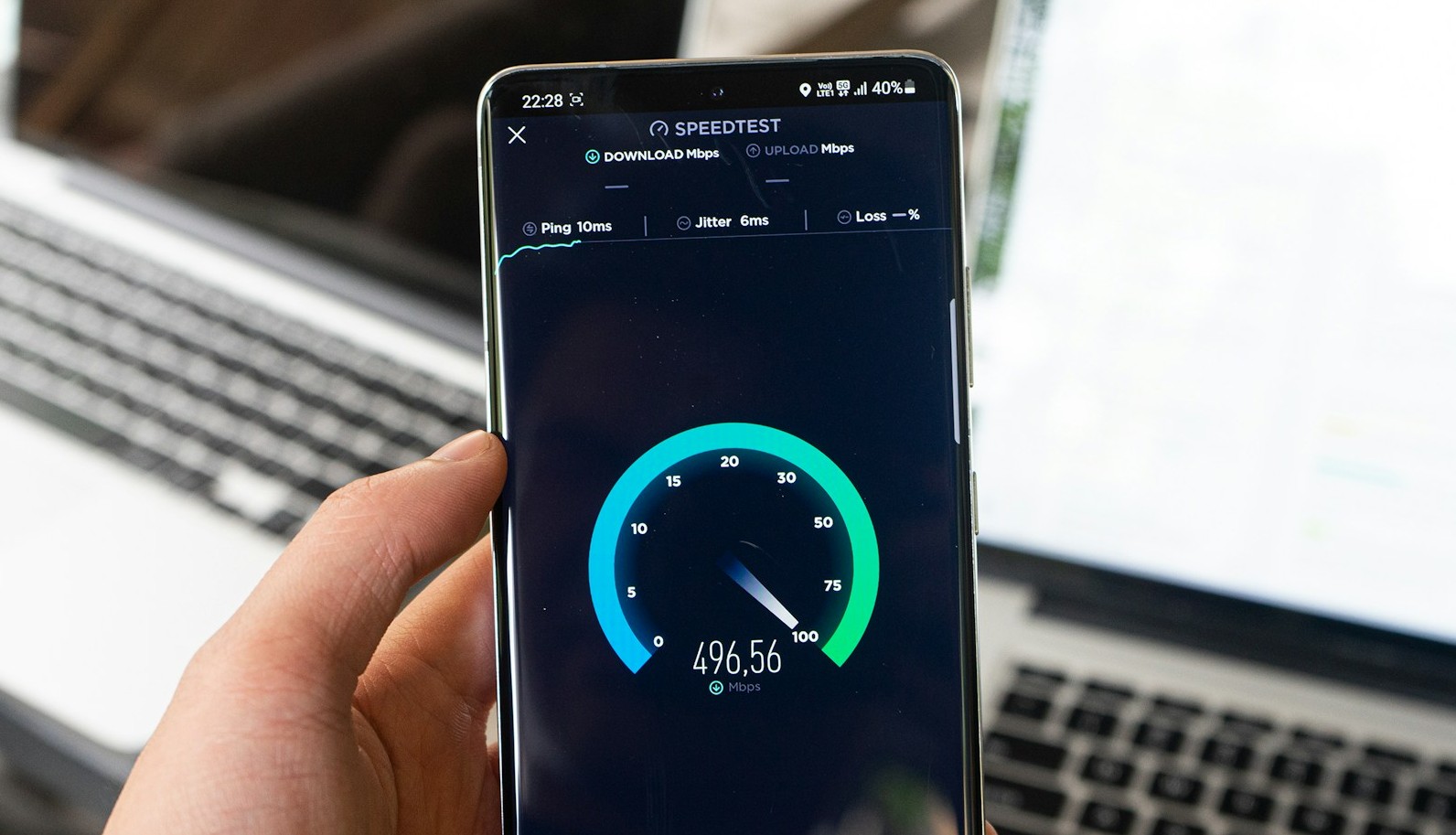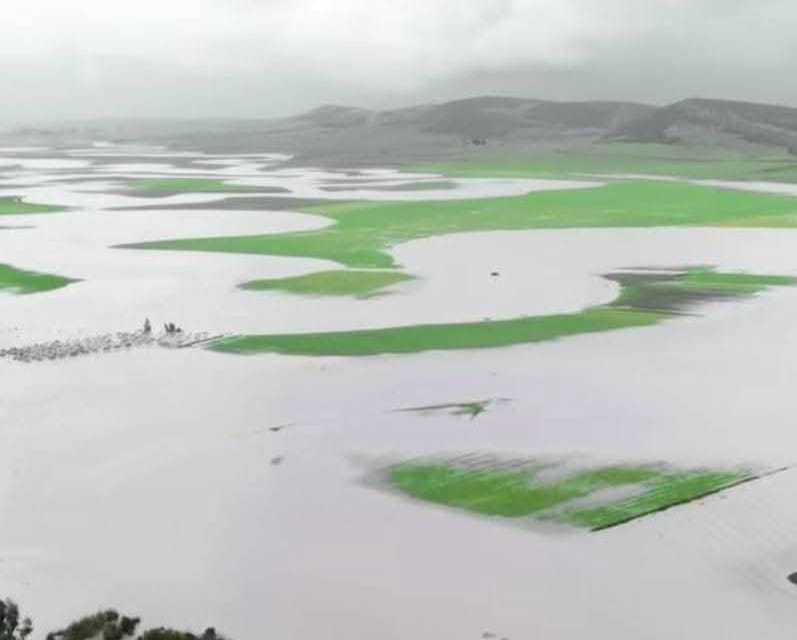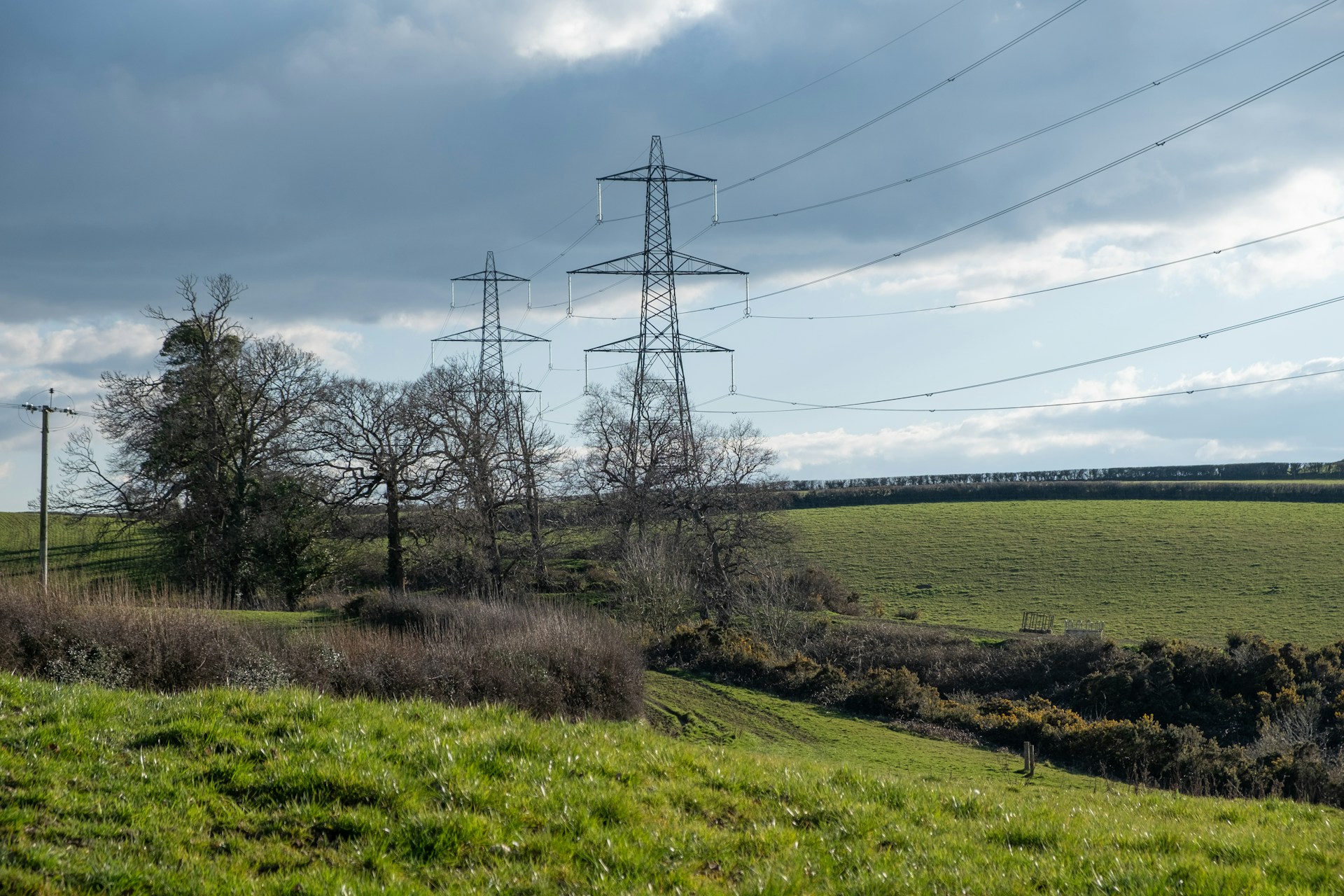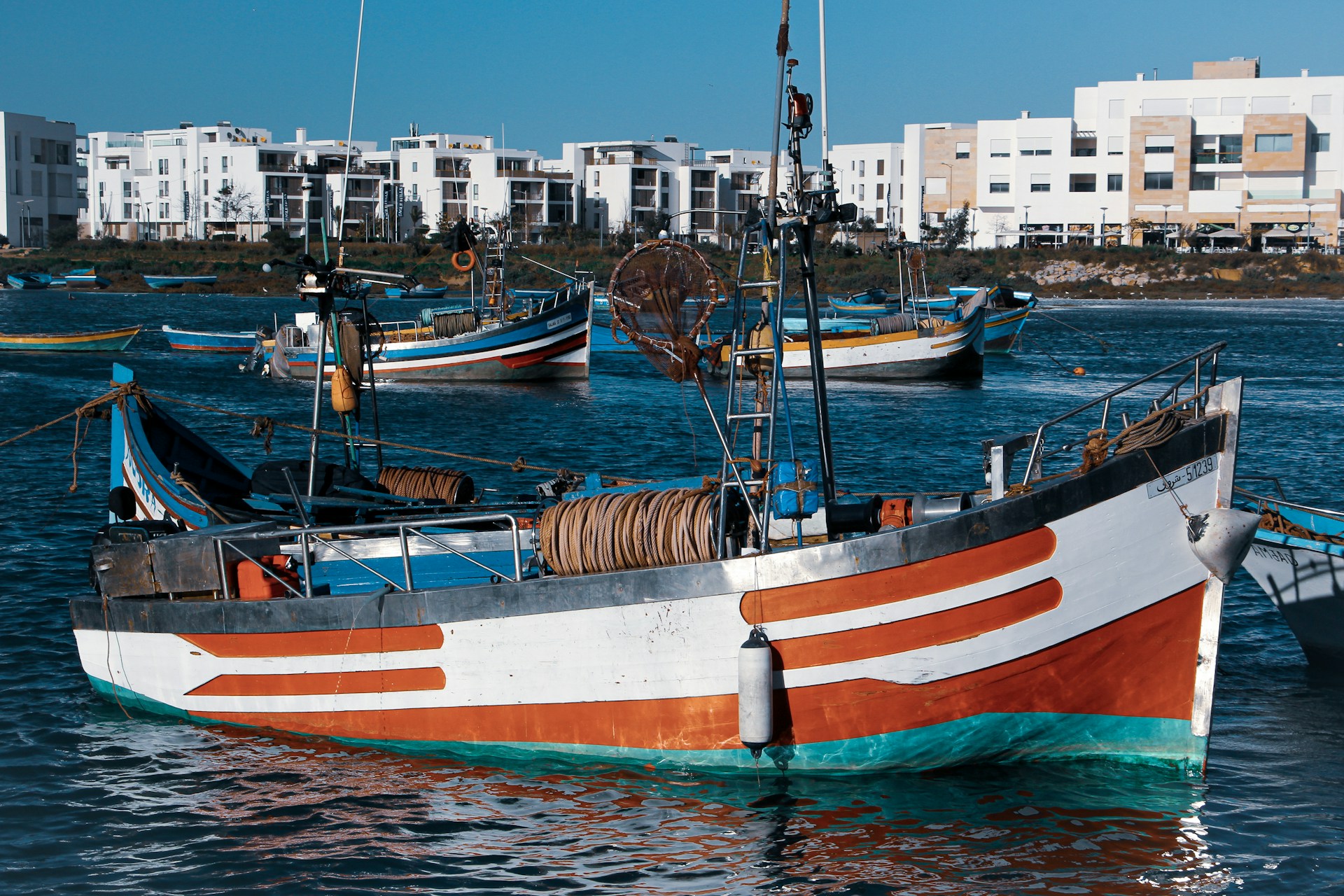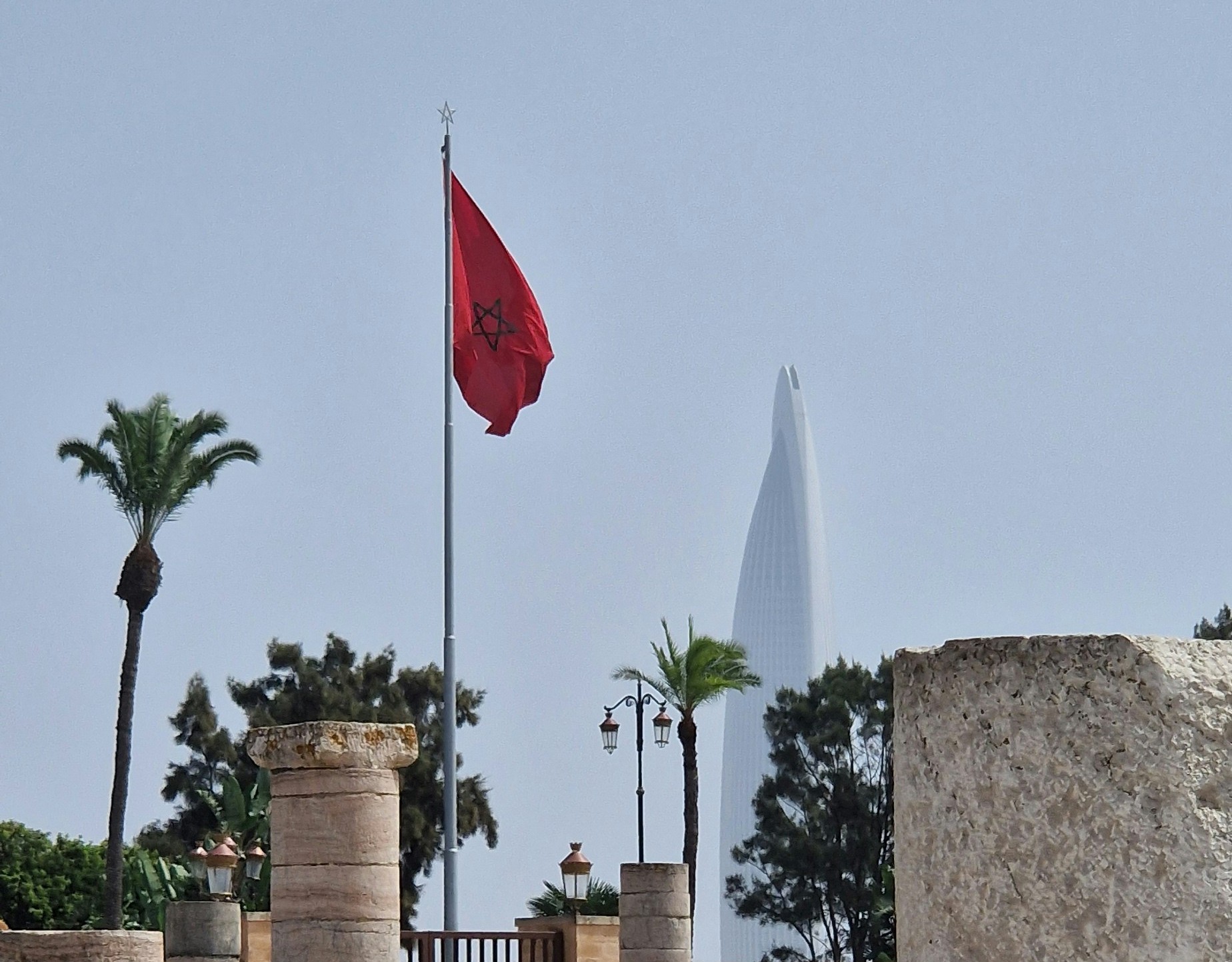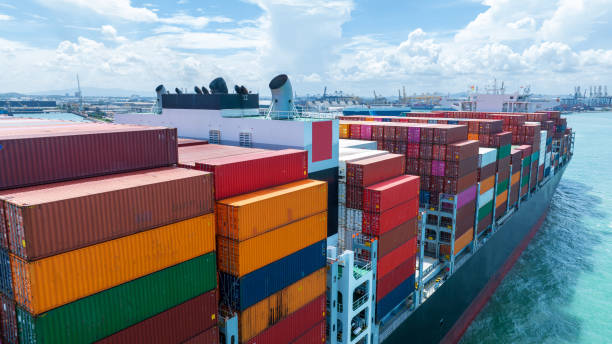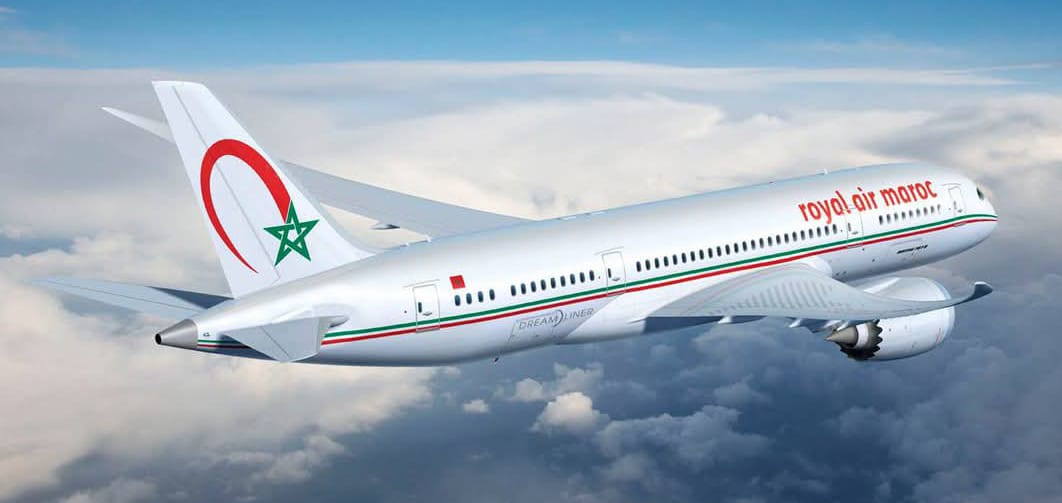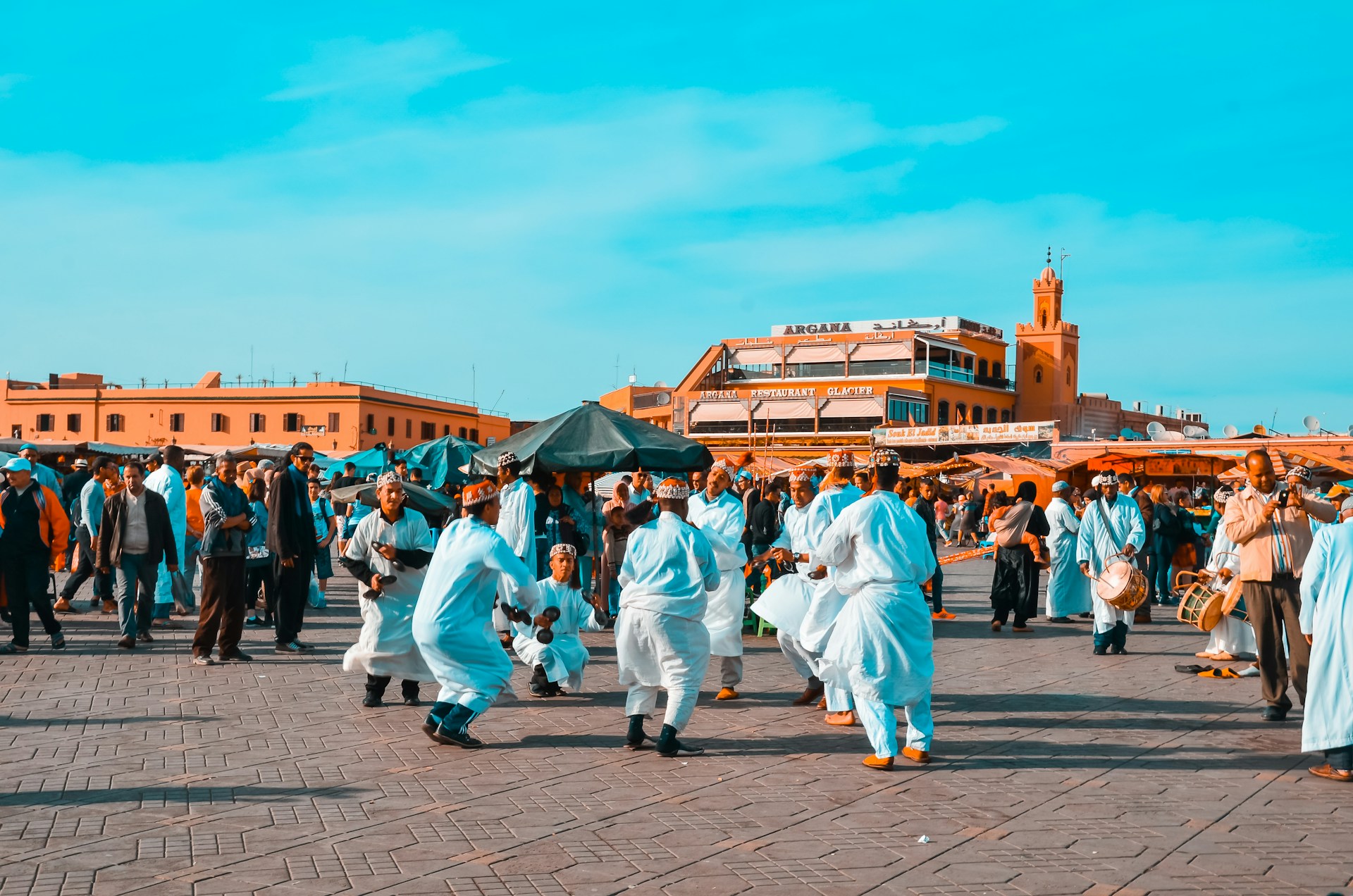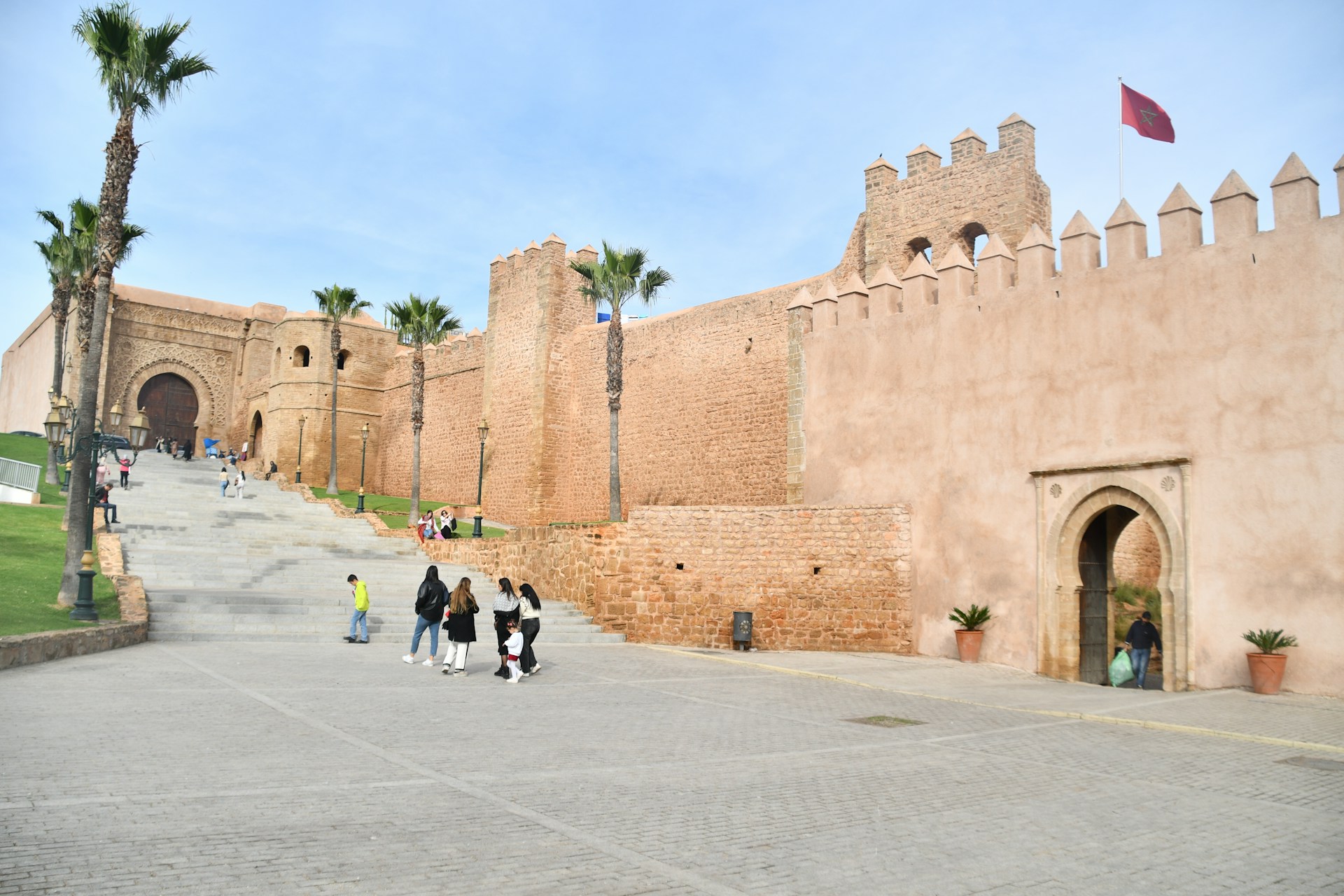Casablanca – In a strategic move to support Morocco’s development of its energy and water infrastructure, the European Investment Bank (EIB) has granted a substantial financial package amounting to more than $250 million to the National Office of Electricity and Drinking Water (ONEE). The financing, which will be distributed in two loans, aims to modernize Morocco’s electricity transmission network and enhance the production of drinking water across the country. This funding comes at a critical time, as Morocco seeks to address growing demand and increasing pressure on its resources.
The financing package includes two loans: $175 million for the development of the electricity transmission infrastructure and $75 million dedicated to improving water production facilities. These investments are part of ONEE’s broader efforts to modernize and expand Morocco’s infrastructure, aligning with the Kingdom’s sustainability goals and its commitment to the energy transition and water security.
Strengthening Morocco’s electricity grid
The first loan, totaling $175 million, is earmarked for a comprehensive program aimed at enhancing Morocco’s electricity transmission network. This initiative will co-finance a $366 million investment program aimed at upgrading high-voltage power lines and electrical substations throughout the country. The project will involve the construction and rehabilitation of transmission lines, ranging from 60 to 400 kilovolts, which are critical to improving the reliability and efficiency of Morocco’s electricity grid.
The goal of this program is threefold: to reduce technical losses, to improve the overall stability and reliability of the national electricity grid, and to facilitate the integration of renewable energy sources into the national energy mix. Morocco has set ambitious targets for renewable energy, aiming to significantly boost the share of wind and solar energy in its electricity generation. The improvements to the electricity network will ensure that the grid can handle the increased input from renewable energy sources, which will play a vital role in Morocco’s energy transition.
The enhanced grid will also provide greater flexibility and resilience, ensuring a more reliable electricity supply for both urban and rural areas. This project is part of a long-term strategy that aims to meet the growing demand for electricity while supporting the country’s environmental commitments under the Paris Agreement. By improving the grid’s performance, ONEE is positioning Morocco to better manage its energy needs as the country continues to urbanize and industrialize.
Enhancing water production and distribution
The second loan of $75 million is focused on the water sector, specifically aimed at improving the country’s drinking water production capacity. This loan will co-finance a $140 million program led by ONEE, which aims to enhance the efficiency and capacity of the existing water production and distribution infrastructure. The project will focus on modernizing production units, optimizing the management of energy consumption in the water production process, and improving the overall quality of treated water.
A key feature of this program is the integration of digital technologies to enhance the monitoring and management of water facilities. The introduction of digital systems will not only improve operational efficiency but will also help reduce energy consumption across the entire water supply chain. These upgrades are particularly crucial as Morocco continues to face challenges related to water scarcity, which has been exacerbated by climate change and increasing urbanization.
The focus of this initiative will also be on increasing the reliability and sustainability of the water supply, particularly in rural areas, where access to clean water remains a challenge. Through these efforts, ONEE aims to ensure that all regions of Morocco have access to a safe and consistent drinking water supply.
Looking to the future, this project will contribute to the achievement of Morocco’s broader water security objectives. As part of its long-term strategy, Morocco aims to meet 63% of its drinking water needs through desalination by 2030, which will significantly reduce the country’s reliance on traditional freshwater sources. The funding from the EIB will support the scaling up of desalination projects and the overall improvement of the country’s water infrastructure.
Supporting Morocco’s vision for 2030
These two financing packages are part of ONEE’s ambitious investment plan for the period 2025-2030, which includes a total investment of $22.7 billion. The plan is divided into two key areas: $18 billion for electricity and $4.3 billion for water projects. The plan’s objectives are aligned with Morocco’s broader goals of accelerating its energy transition, expanding its renewable energy capacity, and enhancing the sustainability of its water resources.
For the energy sector, ONEE’s plan focuses on increasing the share of renewable energy in the national electricity mix, strengthening the electricity transmission and distribution network, and developing new energy storage solutions to accommodate renewable energy generation. By 2027, Morocco aims to have 56% of its installed energy capacity come from renewable sources, helping to reduce its carbon footprint and support global climate goals.
In the water sector, the focus is on securing sustainable drinking water supplies, particularly in rural areas, and improving the efficiency of existing water production and distribution systems. The 2030 goal is to increase the use of desalination to meet 63% of the country’s drinking water needs, further securing the country’s water supply amid challenges such as droughts and rising demand.
The EIB’s financing package is a significant step toward securing a sustainable energy and water future for Morocco. The investments in electricity and water infrastructure will not only improve the quality of services for Moroccan citizens but will also play a vital role in supporting the country’s long-term sustainability and climate resilience. With the support of the EIB and other international partners, Morocco is well on its way to meeting its ambitious 2030 targets for renewable energy and water security.
These efforts demonstrate Morocco’s commitment to building a greener, more resilient future for its people, reinforcing its position as a leader in sustainable development in the region.
